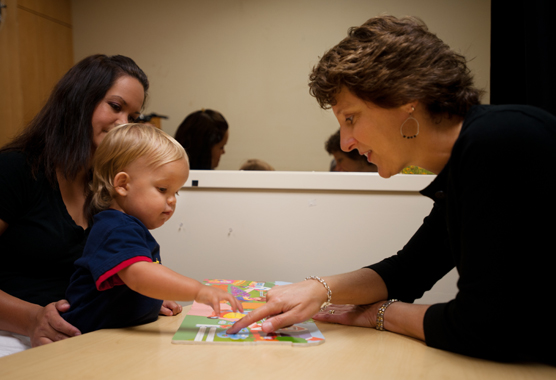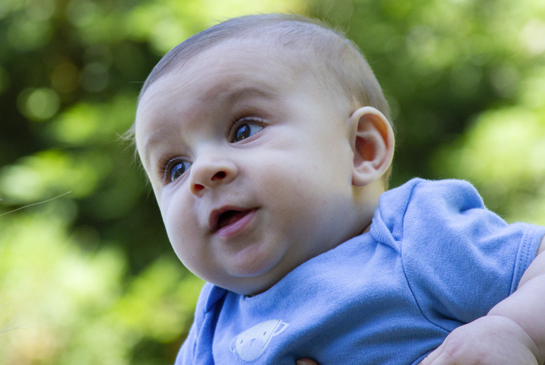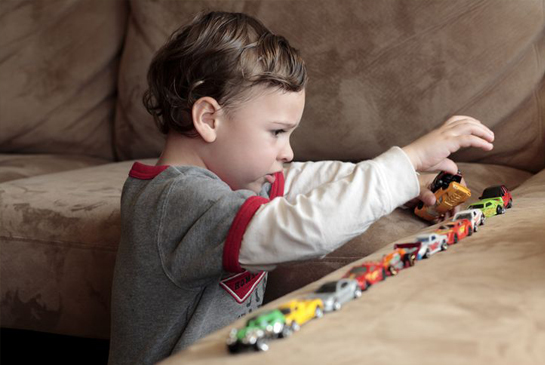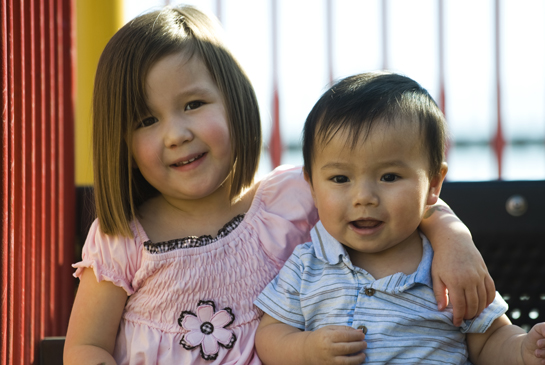
MIND Institute Research
Early Detection Lab
About Our Research
We study how to identify autism as early in childhood as possible. Early identification of autism helps children get services when they are most beneficial. Our current studies use methods that can be done from home like online forms and video visits. The goal of this research is to find out if telehealth methods can identify autism. Being able to have an assessment at home will allow more families to get a diagnosis quickly. This will help people who live far away from medical centers have equal access to care.
What We’ve Learned
-

How early can autism be diagnosed?
- Signs of autism usually develop between 1 and 3 years of age
- We rarely see signs of autism before the first birthday
- In some children, autism can be diagnosed as early as 15-18 months of age, but many children develop symptoms later than this
- Toddlers should be screened for autism at least twice before age 3
-

What are the first signs of autism?
- Not responding to name
- Not using gestures like pointing
- Being more interested in objects than people
- Looking at objects closely for a long time
- Less smiling at others
-

Losses in development
- Using less eye contact than they used to
- Showing less interest in people than when they were younger
-

Siblings of Autistic Children
- About 20% of children who have an autistic sibling receive a diagnosis of autism themselves. This is higher than originally thought.
- 30-40% siblings show other behavioral, social, learning or language challenges.
- ADHD is one of the most common difficulties seen in children who have a sibling with autism.
Contact
For more information regarding the Early Detection Lab:
dngangi@ucdavis.edu
Collaborators
- Sen-Ching (Samson) Cheung, Ph.D., University of Kentucky, Department of Electrical and Computer Engineering
- Chen-Nee Chuah, Ph.D., University of California Davis, Department of Electrical and Computer Engineering
- Meghan Miller, Ph.D., UC Davis MIND Institute
- Vanderbilt Kennedy Center: Treatment and Research Institute for Autism

